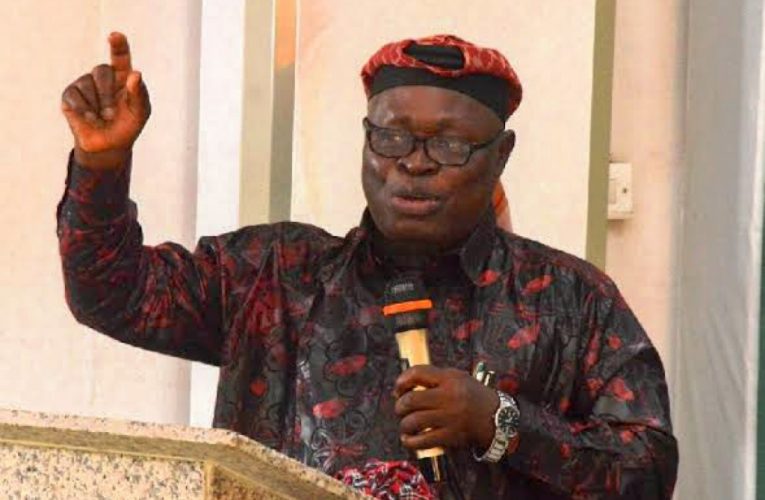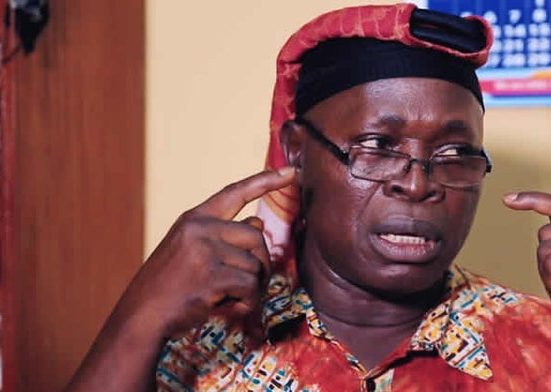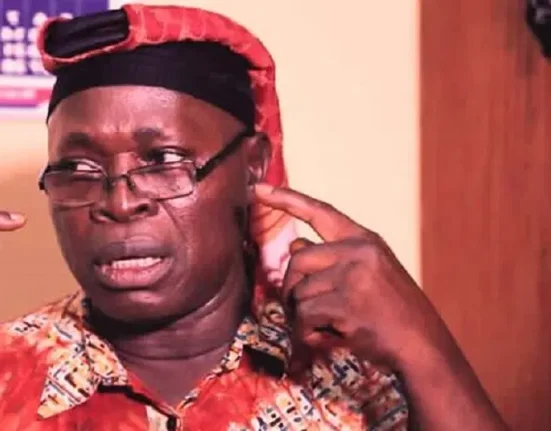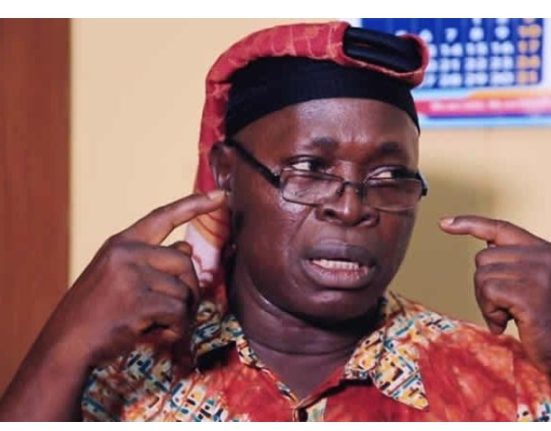The Muslim Rights Concern (MURIC) has called on the Federal Government to grant Shariah courts equal status with federal courts, arguing that Nigeria’s current judicial system discriminates against Muslims.
In a statement issued on Friday, MURIC’s Executive Director Professor Ishaq Akintola highlighted what he described as systemic imbalance, noting that while common law courts operate nationwide, Shariah courts remain restricted mainly to northern states.
“The federal government establishes high courts in all states, yet Shariah courts are denied in southern Nigeria,” Akintola stated. “This constitutes judicial apartheid against millions of southern Muslims who pay taxes that fund common law courts but cannot access Islamic justice systems.”
The Islamic advocacy group warned that continued exclusion could provoke northern Muslims to withdraw support for common law courts in their region. Akintola noted that such courts in the north survive on taxes paid predominantly by Muslims.
Citing constitutional provisions in Sections 275-277 that allow Shariah courts in states that desire them, MURIC accused southern governors of deliberately ignoring Muslim demands for Islamic courts. The group proposed that the federal government bypass state authorities by directly establishing Shariah federal courts nationwide.
“Justice demands parity,” Akintola argued. “If Nigeria truly operates a tripartite judicial system with common law, customary law and Shariah, then Muslims deserve equal access to their preferred legal system across all regions.”
The call comes amid ongoing debates about Nigeria’s delicate secular-religious balance. MURIC’s demand challenges the federal structure by seeking central government intervention in what has traditionally been a state-controlled judicial matter.
Legal analysts anticipate this proposal could spark fresh constitutional debates, particularly regarding the separation of federal and state judicial powers. Critics argue it may further complicate Nigeria’s already complex legal pluralism, while supporters see it as necessary for equitable access to justice.
The Federal Government has yet to respond to MURIC’s demands. Observers note the sensitive timing as Nigeria navigates various religious and ethnic tensions ahead of the 2027 election cycle.





